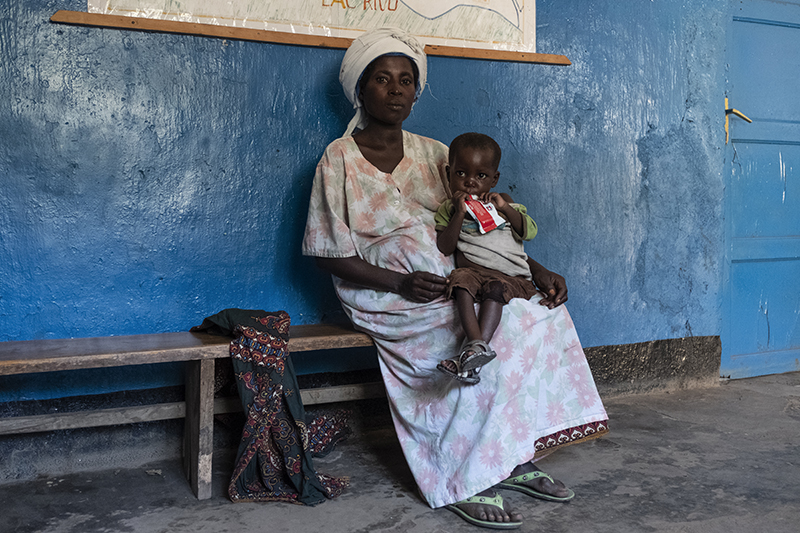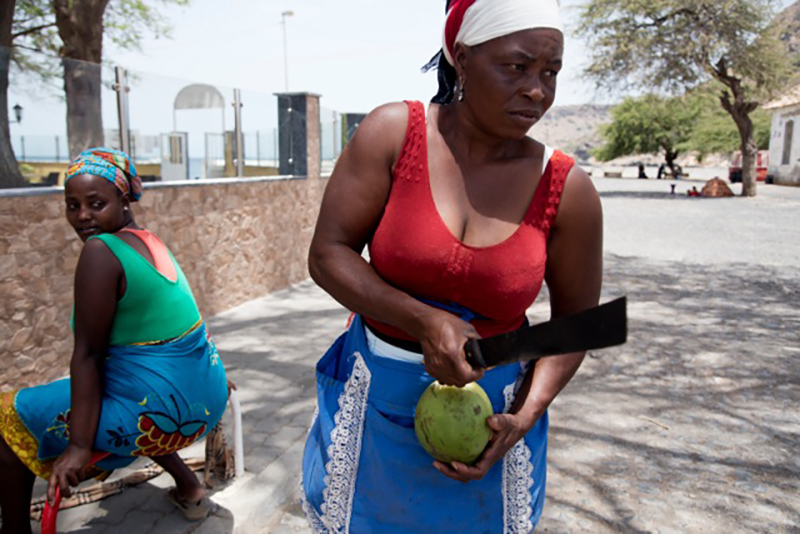Syrian Refugees
With UNICEF Italia, I have visited the Syrian refugee camps in Iraqi Kurdistan and Jordan.
All the caption are taken from two articles of Mr. Adriano Sofri on La Repubblica: “La città dei profughi”, 21 Novembre 2013 and “Tra i disperati in fuga dall’orrore Metà ammazzati, metà in esilio è questo il destino di noi siriani” 27.11.2013
Translation by Margherita Fioruzzi

































